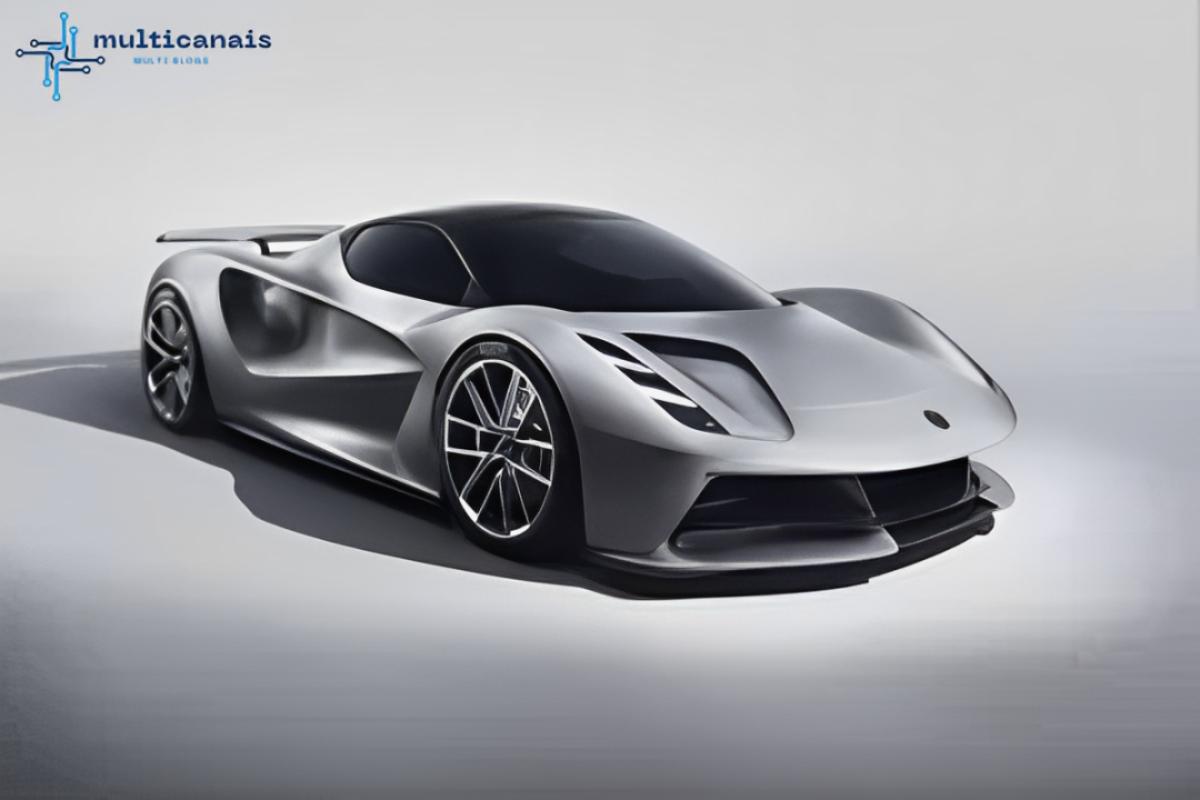Electric cars are not just a trend but really a transformational wave sweeping into the automotive sector and changing our approach to sustainability.
As concerns about climate change grow, electric car adoption is setting the pace for the future of green technology. The revolution is meant to not only cut emissions but also create a cleaner and more sustainable world for future generations.
The Rise of Electric Cars: A Necessity for a Sustainable Future
Electric vehicles have recently captured the attention of so many in light of the growing environmental concerns.
Although gas-powered cars often cause air pollution and contribute to greenhouse emissions, electric cars are their greener alternative, as they do not produce any tailpipe emissions.
Switching to electric car manufacturing can be one option for fighting the climate change menace and reducing carbon footprints.
Advances in renewable energy support electric cars, driving future green technology. The energy used to charge an electric vehicle is entirely sustainable if the facility uses solar or wind power, thereby making this form of transportation an even greener alternative.
This synergy formed by renewable energy and electric vehicles exemplifies how these technologies complement each other for a greener earth.
Technological Innovations Powering Electric Cars
Among the many factors that make electric vehicles practicable today is the tremendous growth in technological advancements. The heart of electric vehicles—its battery—is one of the most breathtakingly improved components in the automobile world.
Modern EVs boast ranges of 300 miles or more on a single charge, addressing perhaps one of the prime concerns consumers have about buying a new vehicle: range anxiety.
More so, fast-charging infrastructure is expanding rapidly and allows drivers to charge their vehicles at ‘high-speed stations’ within an hour. Solid-state batteries are the next innovation that promises more breakthroughs and even faster charging times and lifetimes. Electric cars, at the helm of tomorrow’s green technology, see such innovations continually push their boundaries and make it easier to use them in everyday life.
In addition, incorporating smart technology into EVs enhances the level of safety and convenience. For instance, autonomous driving, regenerative braking, and energy-efficient heating and cooling systems exemplify the novel aspects that electric cars adapt to modern automobile design.
Environmental Impact of Electric Cars
Electric cars are a game-changer for the environment. Unlike traditional vehicles that burn fossil fuels, EVs run on electricity, significantly reducing harmful emissions. Even when powered by electricity from non-renewable sources, EVs are still more efficient than internal combustion engines.
A further widespread misconception is that manufacturing EV batteries negates their environmental benefits. The environmental impact of production aside, studies show that over the lifetime of electric cars, they emit far less carbon dioxide than gasoline-powered cars. As the process becomes more efficient and more reliant on recycled materials, this gap will only widen.
Electric cars will be key to many transitions to renewable energy. As a mobile energy storage unit, EVs can store excess power from solar panels and wind turbines, helping build resilience in the energy grid.
Challenges to Overcome in Electric Vehicle Adoption
There are some drawbacks that electric cars have to work out for mass adaptation. First, electric vehicles cost more upfront than traditional vehicles; however, it is getting smaller each day as battery prices decline.
Government incentives such as tax credits to people who purchase electric vehicles have helped make electric cars more obtainable to common consumers.
Another challenge is access to charging infrastructure. While it has improved, the investment here requires more advancement to provide convenient charging access points, particularly in rural and underserved communities.
Companies and governments are engaging in collaboration to increase charging networks. Owning an EV is now easier than ever.
Even greater concern is the range anxiety or fear of running out of battery power. On the other hand, innovations in battery technologies and increasing installations of charging stations have helped reduce the issue. With some careful planning, a long road trip is now possible with an electric car.
The Electric Car in Making the Future
Electric cars are no longer vehicles but a paradigm shift in how we think of transportation and energy use.
With so many automobile manufacturers committing to eventually terminate gas-powered cars, the switch to electric vehicles is gaining momentum. Many countries have goals set for 2035 to phase out non-hybrid or fully gas-powered automotive markets in their countries.
The financial implications of this change are just as profound. The EV industry is opening up employment opportunities for people in the production of batteries, renewable energy, and planning related to charging infrastructure development.
These will rapidly become leading business sectors and set the standard for electric cars in the global economy.
Why Electric Cars Are the Future
Electric cars, driving the future of green technology, represent not a fad but the solution to some of the most urgent environmental and economic challenges of our time—by reducing reliance on fossil fuel, offering a cleaner, more sustainable path forward.
For consumers, the benefits of electric cars go beyond the environmental impact. For example, they operate at lower costs, require minimal maintenance, and tend to be smoother to drive than their gasoline-engine cousins. As technology advances, these vehicles will become even more efficient and accessible.
FAQs
What benefits make electric cars an attractive choice for consumers?
Electric cars offer lower operating costs, minimal maintenance, zero emissions, smoother driving experiences, and increasing affordability, making them an eco-friendly and cost-effective choice for modern consumers seeking sustainability and convenience.
Why is now the best time to embrace the electric car revolution?
Now is the time to push for electric cars: with advancing technology, falling costs, government incentives, and growing infrastructure, they’re becoming more accessible, sustainable, and absolutely necessary to combating climate change effectively.
What challenges must be addressed for wider adoption of electric vehicles?
We need to overcome issues like high upfront cost, inadequate charging infrastructure, and range anxiety and improve battery technology and provide more government support and incentives.
Conclusion: The Electric Revolution End
The transition to electric cars is transportation, but transportation not of any kind, but to make more for a greener and sustainable future. Electric cars are just driving the future by proving that innovation can lead to a cleaner planet without compromising convenience or performance.
As the electric vehicle market grows, this is now the perfect time to be a part of the electric revolution. Whether an individual wanting to reduce their carbon footprints or business seeking sustainable transportation solutions, electric cars are the way forward. Together, we drive the future green technology and make a positive difference in the environment.
More Read: Why Desuperheaters Are Vital for Steam Temperature Control


1 thought on “Electric Cars: Driving the Future of Green Technology”